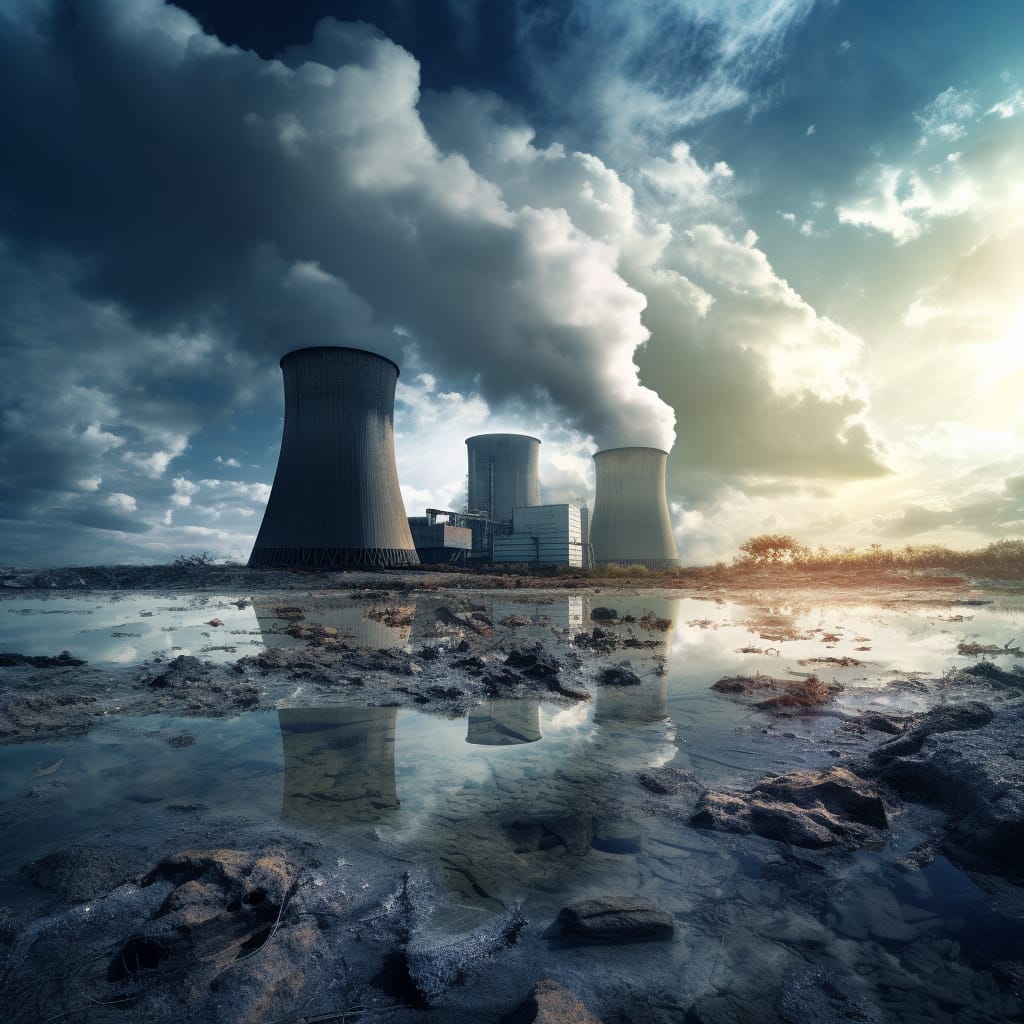Nuclear Energy: The Unexpected Solution to Climate Change?

Nuclear Energy: The Unexpected Solution to Climate Change?
Climate change is one of the most pressing challenges of our time, and finding sustainable and low-carbon energy sources is crucial for mitigating its impacts. While renewable energy technologies like solar and wind power have gained significant attention, another contender in the fight against climate change is nuclear energy. Nuclear power plants generate electricity by harnessing the energy from nuclear reactions, but what role does nuclear energy play in combating climate change?
The Low Carbon Footprint
One of the primary advantages of nuclear energy is its low carbon footprint. Nuclear power plants produce electricity without emitting greenhouse gases such as carbon dioxide. Unlike fossil fuel power plants, which burn coal, oil, or gas, nuclear reactors use uranium or thorium as fuel to generate heat through nuclear fission. This heat is then used to produce steam, which drives turbines and generates electricity. By relying on nuclear energy, countries can significantly reduce their carbon emissions and combat climate change.
Reliable and Base Load Power
Nuclear energy also offers the advantage of providing reliable and base load power. Unlike solar and wind power, which are intermittent and dependent on weather conditions, nuclear power plants can operate continuously, providing a stable supply of electricity. This reliability is crucial for meeting the energy demands of industries, businesses, and households consistently. Nuclear power plants can serve as a baseload power source, complementing the intermittent nature of renewable energy sources and ensuring a stable and resilient power grid.
Advanced Safety Measures
The safety of nuclear energy has been a topic of concern, particularly after major accidents like Chernobyl and Fukushima. However, significant advancements have been made in nuclear reactor design and safety measures. Modern nuclear power plants incorporate robust safety features, including multiple layers of containment, passive cooling systems, and improved emergency response capabilities. These measures ensure that the risk of accidents is minimized and that the potential impact on human health and the environment is effectively mitigated.
Waste Management Challenges
While nuclear energy offers benefits in terms of low carbon emissions and reliable power generation, it also presents challenges in the form of radioactive waste management. Nuclear power plants produce radioactive waste that requires careful handling and long-term storage. However, ongoing research and development are focused on improving waste management techniques, such as advanced reprocessing and the use of advanced reactor designs that can reduce the volume and longevity of nuclear waste.
Nuclear energy has the potential to play a significant role in the transition to a low-carbon future and combatting climate change. However, it is important to address concerns related to safety, waste management, and the proliferation of nuclear weapons. By investing in advanced reactor technologies, stringent safety standards, and responsible waste management practices, nuclear energy can be a viable and unexpected solution in the fight against climate change.
Sources: International Atomic Energy Agency (IAEA), World Nuclear Association, Nuclear Energy Institute (NEI), U.S. Department of Energy - Nuclear Energy